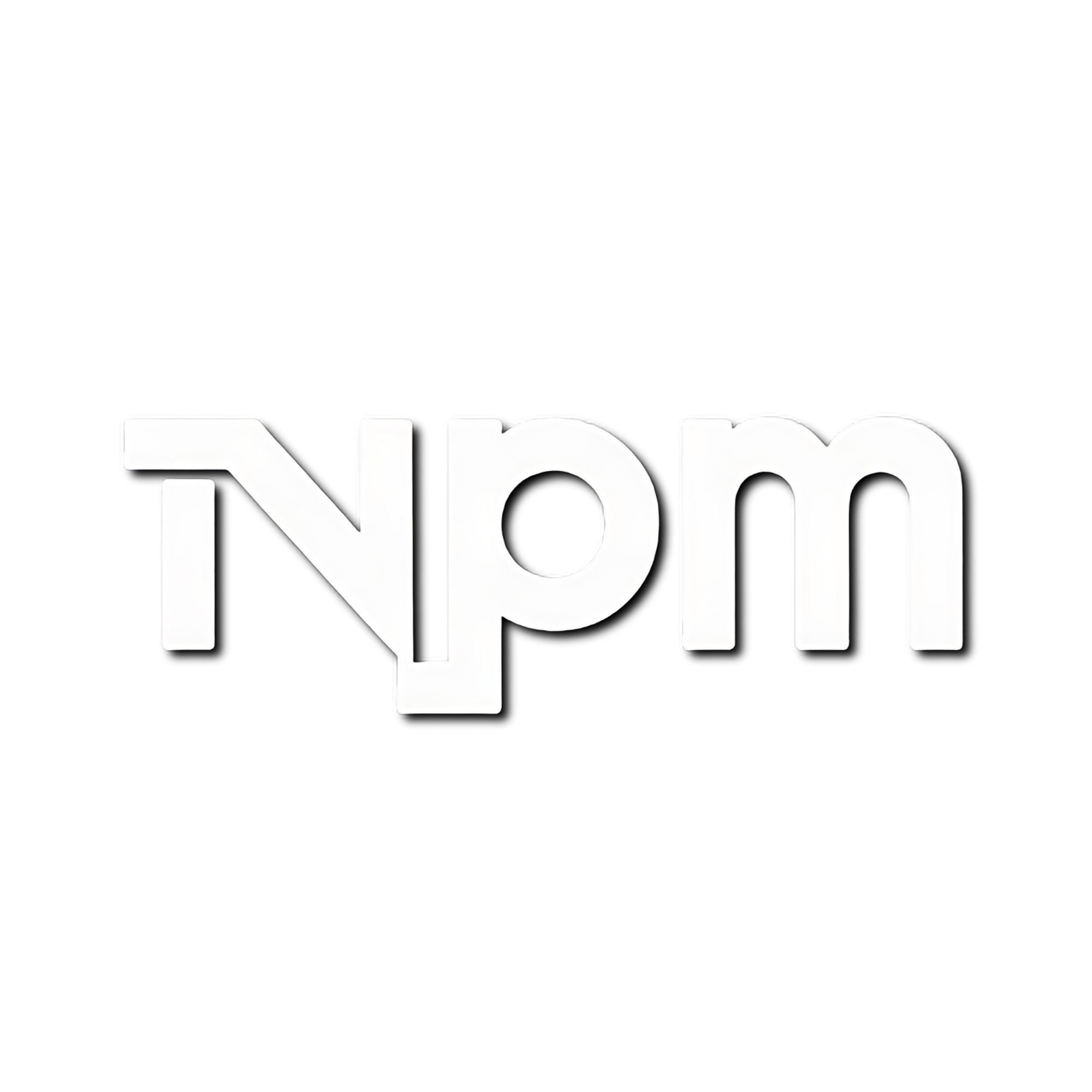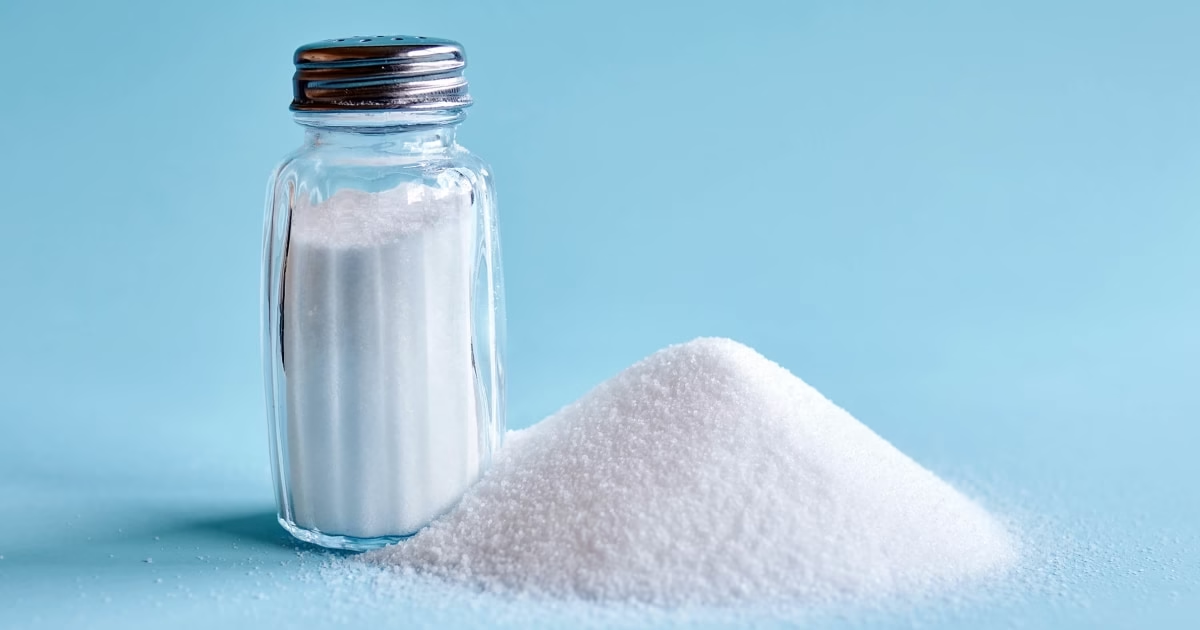Most Americans consume more than the recommended amount of daily sodium. The Centers for Disease Control and Prevention (CDC) warns that too much salt in the diet can harm your health. However, some experts believe the current sodium guidelines may be too low for the average person. So, is eating too much salt really bad for you?
As a dietitian, I believe it’s important to be mindful of your sodium intake and avoid going overboard. Let’s explore how much salt your body needs, what excess sodium can do to your health and whether some people might benefit from a higher intake.
How Much Salt Should You Have?
The Dietary Guidelines for Americans recommend limiting sodium intake to less than 2,300 milligrams, or about one teaspoon of salt, per day.
“For most people, consistently consuming more than 2,300 milligrams of sodium per day can have negative health effects, including damage to the endothelial lining of blood vessels, increased blood pressure, and a higher risk of heart disease and plaque progression,” says cardiology dietitian Michelle Routhenstein.
Eating too much salt can cause the body to retain water, increasing blood volume and putting extra pressure on the arteries, which may be harmful to the heart.
Although this sodium limit is widely accepted, some researchers have challenged sodium guidelines. A large observational study found no clear link between sodium intake above the recommended guidelines and mortality. However, the study authors noted that “these data are observational and should not be used as a base for nutritional interventions.”
In other words, although the researchers did not find a link between higher salt intake and mortality, they cannot definitively state that increased sodium consumption has no effect on mortality rates.
With an abundance of research linking high sodium intake and increased blood pressure, most experts still seem to support the current sodium guideline. “As a cardiovascular dietitian, I recommend that the general population aim to stay at or below the 2,300 milligram guideline,” Routhenstein adds.
What Happens If You Eat Too Much Salt?
Research has established a link between eating too much sodium and an increase in blood pressure levels.
A large review confirms that most studies show a strong relationship between sodium intake and blood pressure, particularly among people with preexisting hypertension. It also found that, for every 1-gram increase in sodium intake, the risk of cardiovascular disease increases by up to 6%.
According to Routhenstein, “too much sodium can also impair vascular function by damaging the endothelial lining — the inner layer of blood vessels — contributing to plaque buildup and increasing cardiovascular risk.”
Overdoing it on sodium may have more consequences than making you extra thirsty. Over time, excessive salt consumption can lead to high blood pressure and heart disease.
Foods That Are High in Salt
Believe it or not, over 70% of the sodium in the typical American diet comes from packaged and prepared foods, such as:
- Deli meats
- Canned soups and stews
- Frozen dinners and packaged entrees, like pizza, burritos or veggie burgers
- Snack foods, like chips, pretzels and crackers
- Condiments like soy sauce and marinades
- Bread
Salt hides in many foods, so be sure to check the labels and look at the percent daily value (% DV). Ideally, one meal should contain less than 30% of the daily value of sodium.
Do Some People Need More Salt?
Although most people should stay within the sodium recommendations, there are exceptions, says Routhenstein. “Individuals with high sodium losses due to excessive sweating, such as athletes or those who are ‘hyper-sweaters,’ as well as people taking certain medications like diuretics or corticosteroids, may require higher sodium intakes,” she says.
Endurance athletes or heavy sweaters who don’t replace sodium losses may experience dizziness, fatigue and muscle cramps, especially in hot and humid conditions.
“It’s also important to consider sodium intake in the context of overall diet quality and the balance of other electrolytes, like potassium and magnesium, which can help modulate sodium’s effects on blood pressure and cardiovascular health,” Routhenstein explains.
A diet rich in whole plant-based foods does wonders for heart health.
The Bottom Line
The good news is that you can use salt to season your food and eat the occasional salty snack, but health experts recommend keeping your daily dose of sodium to 2,300 milligrams or below. Aim for a diet rich in whole foods and heart-healthy nutrients, and read labels on packaged foods, especially if you have hypertension or other cardiovascular risk factors.


Leave a Reply